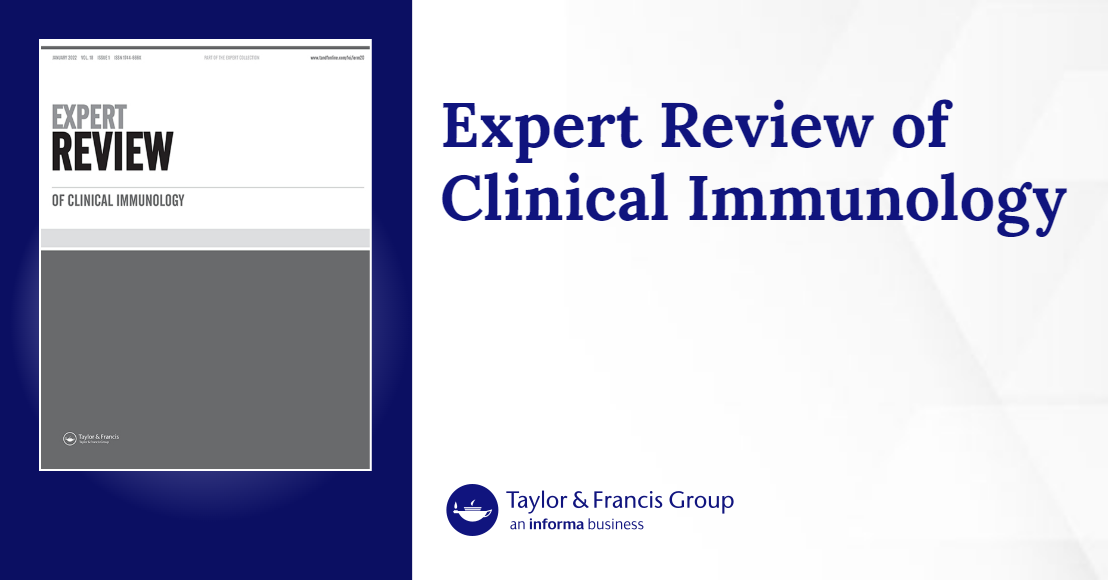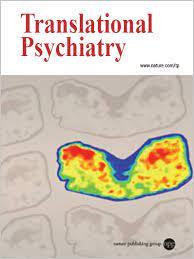The Immune Frontier in PsychiatryDecades in the making -- It is ready to take a starring role2/24/2025
|
Translational Medicine FridayWe're riffing off NPR's Science Friday to create Translational Medicine Friday. Archives
February 2026
Categories |

































 RSS Feed
RSS Feed